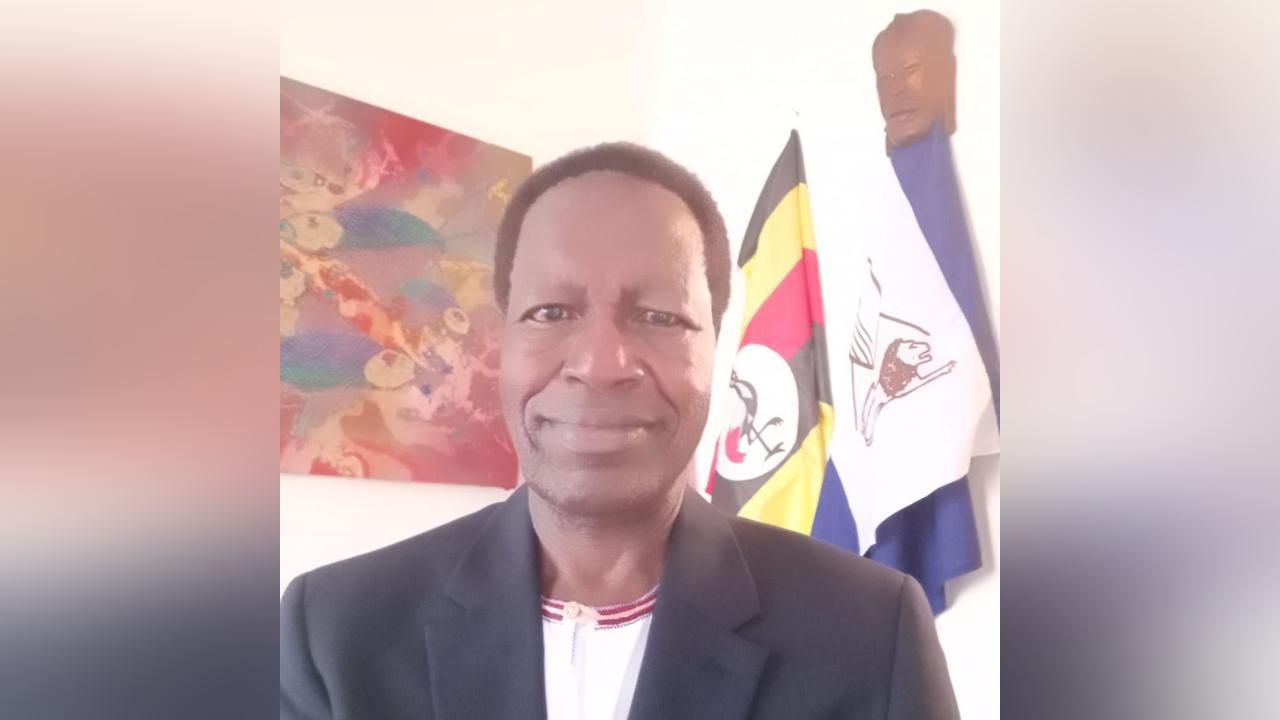Africa-Press – Uganda. Fellow Ugandans—especially the Bazukulu—we may not always know where our nation is headed, but we must never forget where we came from.
So, where did we come from? Those afflicted with selective amnesia—or those genuinely unaware—may ask. The answer, well-documented in academic institutions across the world, lies in the unlikely union between the Buganda and British monarchies.
Put simply: we are all descendants—Bazukulu—of that un/holy matrimony.
The Buganda-British alliance began in 1875, when the visionary Kabaka Muteesa I sat under the Omuwafu tree, near present-day Kyambogo University, and wrote a historic letter to Queen Victoria. In that letter, he requested the Queen to send missionaries to help emancipate the citizens of the 600-year-old Buganda Kingdom from the grip of ignorance, disease, and superstition.
Queen Victoria responded affirmatively. In 1877, the first missionaries from the Church Missionary Society (CMS) arrived in Buganda. The rest, as they say, is history—and one worth revisiting.
The diplomatic ties deepened further. In 1902, Buganda’s then-Katikkiro, Sir Apolo Kagwa, travelled to London to represent the Kingdom at King Edward VII’s coronation. His private secretary, Ham Mukasa, documented their journey in the invaluable memoir Uganda’s Katikiro in England.
But like many unions built on unequal footing, the Buganda-British relationship led to tragic consequences. In the infamous 1900 Buganda Agreement, British officials manipulated illiterate Baganda chiefs into surrendering sovereignty. Article 2 stripped the Kingdom of its rights to neighbouring provinces, and Article 6 subordinated the Kabaka to British rule.
If signed today, that Agreement would likely be nullified—given the chiefs had no legal counsel or understanding of the binding nature of what they signed.
It was under this agreement that Governor Sir Andrew Cohen deposed and exiled Kabaka Mutesa II in 1953. But Uganda rallied. Tribes across the country—including Lango’s Yokosafati Engur and Acholi’s Peter Oola—sent representatives to London demanding Mutesa’s return. Their effort bore fruit in 1955.
Yet in 1966, the Kabaka was exiled again—this time by his fellow Ugandan, Prime Minister Milton Obote, who sent the military to attack Mengo. Kabaka Mutesa fled to London, never to return alive. Thus began the republic of Uganda—born from fire and discord, and ushered in under the motto: One Country, One People (a line later repurposed by the Forum for Democratic Change in 2005).
Today, Buganda may appear a pale shadow of its past grandeur. The Omuwafu tree may have fallen on May 29, 2014—exactly 150 years after Muteesa I’s letter—but the effects of those events are still tangible. We see them in our churches, hospitals, schools, and courts. In our civil service and Parliament. In our use of English, and in the constitutional foundations of this republic.
That’s why this week, as we celebrate the 32nd anniversary of the coronation of His Majesty Kabaka Ronald Muwenda Mutebi II, we are all Baganda.
We must emulate our forefathers who journeyed to London in 1953 to demand the Kabaka’s return—and honour the cultural resilience that has shaped Uganda’s soul.
May God grant Kabaka Mutebi and his successors many more coronation anniversaries.
Because while men like Andrew Cohen, Milton Obote, and others who tried to erase Buganda may have had the clock on their side, Buganda has always had something more powerful—time itself.
And the clock and time are not the same thing.
__________________________________________
Dr Sam Sakaki | Associate member of the Ffumbe clan
Source: Nilepost News
For More News And Analysis About Uganda Follow Africa-Press






